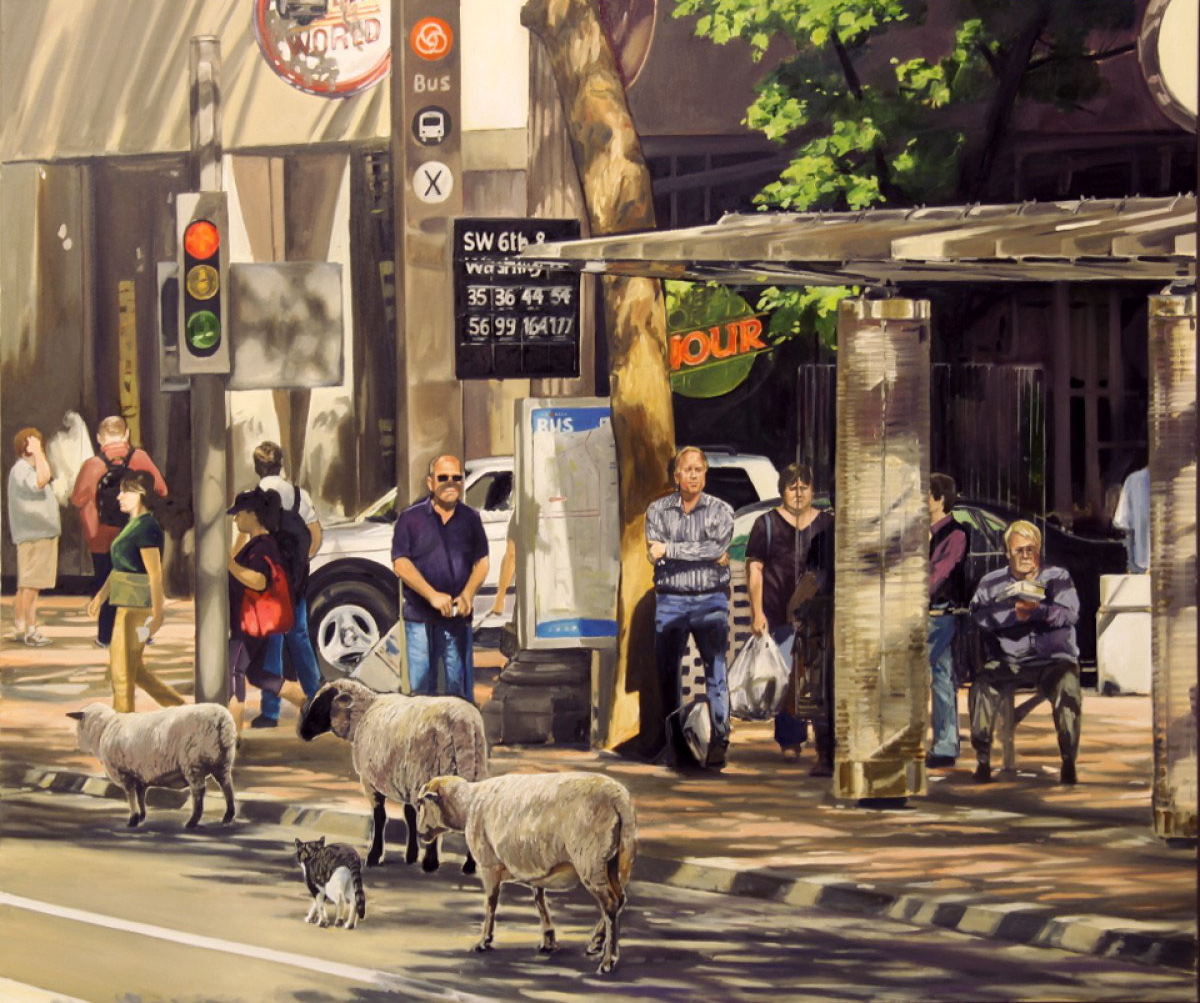
Why there are hardly any differences between animals and humans
Both humans and animals strive to develop and survive to the best of their ability. This usually includes their own offspring and/or the individual's family.
When survival is assured and there is room for development, both humans and non-human animals tend to want to be satisfied or even fulfilled.
This is evident in the fact that one's will (or personal desires) is often a driving force in life (for humans and animals alike). It may be to eat a certain type of grass or to learn to play a musical instrument (to name just two of an infinite number of examples).
We humans often judge and evaluate such desires or needs as reasonable, unreasonable, stupid, optional, etc. In some cases, we even disregard them and completely deprive others of this space for development. For example, by forcing children into a predetermined career (kindergarten, school, job), by making people work for us under miserable conditions, or by catching, imprisoning, exploiting, torturing and killing animals.
The fact that we humans are no different from animals in the end is shown by the effects of depriving us of these basic freedoms. Some become depressed or antisocial, others react with anger or aggression (to mention just a few of the disorders that we find everywhere in our society, in humans as well as in animals).
I am therefore in favour to recognise all living beings as fundamentally "equal" or "equivalent" in their basic characteristics and to grant them the same basic rights.
Image: Hartmut Kiewert
This article was originally published on the kubus media blog.